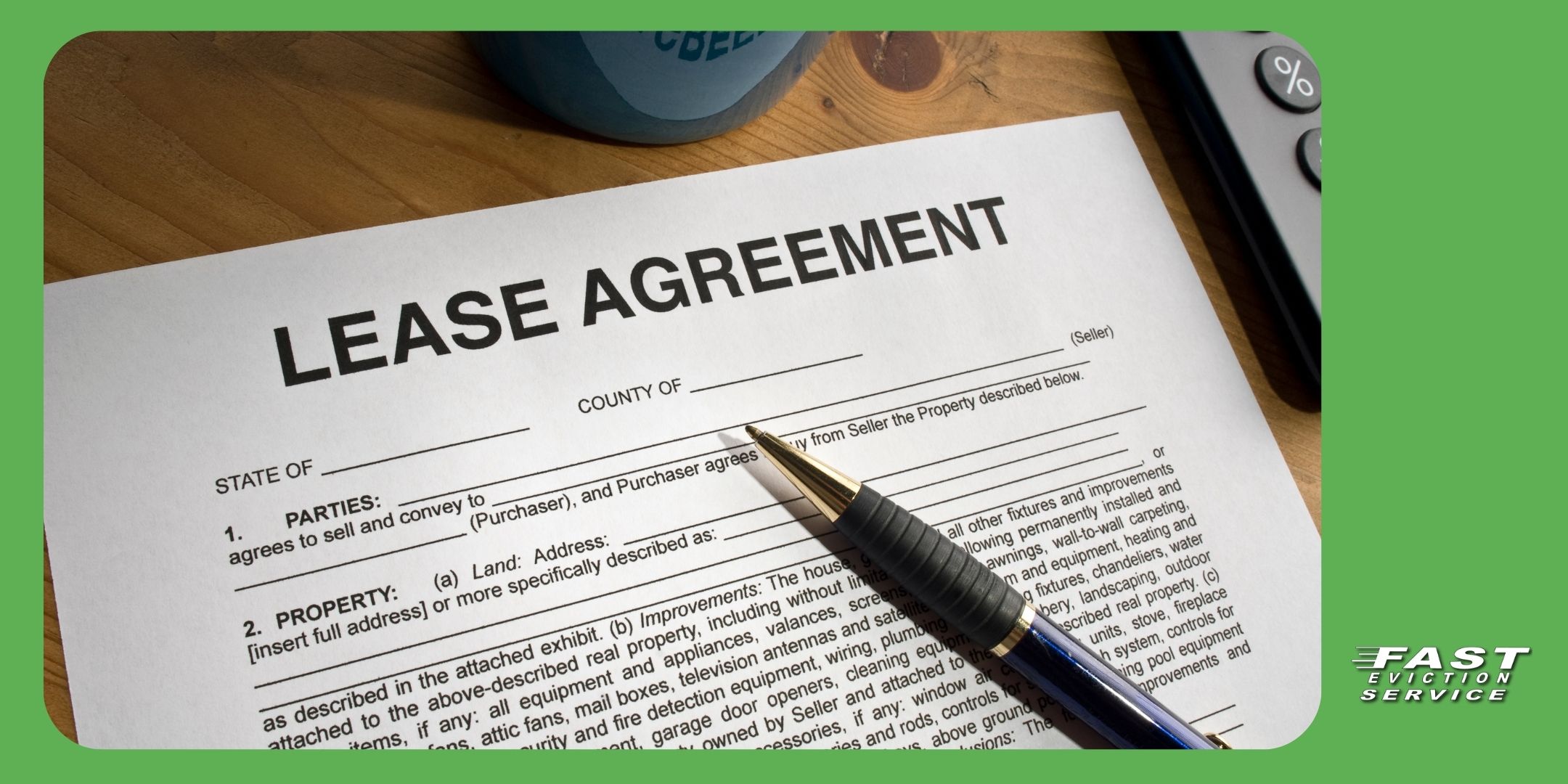Updated 02/12/25
Finding and keeping reliable tenants is one of the most important goals for landlords. While short-term leases provide flexibility, many landlords find that opting for a long term tenancy agreement offers numerous advantages, including financial stability, reduced turnover, and better tenant relationships. But what exactly is long term tenancy, and why do landlords prefer tenants who stay for extended periods?

In this article, we’ll explore the benefits of long term tenancy agreements, how they impact both landlords and tenants, and why they are a smart investment in property management.
Table of Contents
- What is a Long Term Tenancy Agreement?
- Why Do Landlords Like Long Term Tenants?
- Financial Stability and Predictable Income
- Lower Turnover and Vacancy Rates
- Reduced Maintenance and Administrative Costs
- Building Strong Landlord-Tenant Relationships
- Increased Property Value and Stability
- Potential Challenges of Long Term Tenancy Agreements
- Frequently Asked Questions
What is a Long Term Tenancy Agreement?
A long term tenancy agreement is a lease that extends beyond a typical short-term rental period, usually lasting 12 months or longer. In some cases, long term leases can last several years, providing tenants with housing stability while ensuring landlords receive steady rental income.
What is long term tenancy? It refers to an arrangement where tenants commit to staying in a rental unit for an extended period, rather than month-to-month or seasonal leases. Many landlords prefer long term tenants because they help create a stable and predictable rental environment.
Why Do Landlords Like Long Term Tenants?
Many landlords ask, “Do landlords like long term tenants?” The short answer is yes! Long term tenants provide numerous benefits that make property management easier and more profitable. They contribute to a reliable source of rental income, reduce vacancy periods, and minimize the time and money spent searching for new renters.
Financial Stability and Predictable Income
One of the biggest advantages of a long term tenancy agreement is financial security. When landlords secure tenants for a fixed period, they can count on consistent rent payments for the duration of the lease. This predictability helps with budgeting for mortgage payments, maintenance costs, and other property expenses.
By having long term tenants, landlords avoid the uncertainty of frequent lease renewals and tenant turnover. What is long term tenancy’s biggest financial benefit? It ensures that landlords do not have to constantly find new tenants, reducing the risk of lost income due to vacancies.
Lower Turnover and Vacancy Rates
One of the most costly aspects of rental property management is dealing with turnover. When a tenant moves out, landlords must:
- Advertise the property
- Conduct tenant screenings
- Prepare the unit for a new occupant
Each of these steps requires both time and money. Running an efficient property means keeping vacancies as low as possible, and a long term tenancy agreement helps achieve that. Do landlords like long term tenants? Absolutely! Keeping a stable tenant means fewer turnover-related costs and a more reliable rental business.
Reduced Maintenance and Administrative Costs
Frequent tenant turnover leads to increased wear and tear on a rental property. Short-term tenants may not take as much pride in maintaining the unit, knowing they’ll be leaving soon. Long term tenants, however, are more likely to take care of their rental home, reducing maintenance requests and repair costs.
Additionally, landlords save money on administrative expenses related to lease renewals, background checks, and move-in/move-out inspections. A long term lease means fewer disruptions and a smoother property management process.
Building Strong Landlord-Tenant Relationships
One of the often-overlooked benefits of a long term tenancy agreement is the opportunity to build a positive landlord-tenant relationship. Tenants who stay in a rental for an extended period are more likely to treat the property like their own home, leading to better communication and fewer disputes.
A strong relationship between landlords and tenants can result in:
- On-time rent payments
- Improved property care
- More straightforward lease renewals
- Faster conflict resolution
Long term tenants also contribute to a sense of community within a rental property, which can lead to a more enjoyable living experience for everyone involved.
Increased Property Value and Stability
Long term leases can contribute to overall property stability and increase its value over time. A well-maintained, occupied rental unit is more attractive to potential buyers and investors, making it easier to sell or refinance if necessary.
Furthermore, landlords with a history of stable tenants can leverage long term rental income to qualify for better financing options when looking to expand their property portfolio.
Potential Challenges of Long Term Tenancy Agreements
While long term tenancy agreements provide numerous benefits, there are a few challenges to consider:
- Limited flexibility: Landlords may find it difficult to adjust rent prices frequently due to lease terms.
- Difficult eviction process: If a tenant stops paying rent or violates the lease, eviction can be more complicated with a long term lease.
- Market fluctuations: If rental rates increase significantly, landlords may be locked into a lower rate until the lease expires.
Despite these challenges, the advantages of securing long term tenants typically outweigh the downsides, making long term leases a preferred option for many landlords.
Frequently Asked Questions
What is a long term tenancy agreement?
A long term tenancy agreement is a rental contract that lasts for 12 months or longer, providing stability for both landlords and tenants.
Do landlords like long term tenants?
Yes! Long term tenants provide reliable income, reduce turnover costs, and contribute to property stability.
How does a long term lease benefit tenants?
Tenants enjoy stable rent prices, a secure living arrangement, and the ability to establish a home for an extended period.
Can a landlord increase rent during a long term lease?
Unless specified in the lease agreement, landlords typically must wait until the lease renewal period to adjust rent prices.
What is the main disadvantage of a long term lease?
The primary downside is limited flexibility for landlords who may want to adjust rental terms or remove problematic tenants before the lease ends.
Final Thoughts
A long term tenancy agreement provides landlords with financial security, reduced turnover, and better tenant relationships. Long term tenants contribute to lower vacancy rates, reduced maintenance costs, and an overall smoother property management experience.
For landlords looking to create a stable and profitable rental business, offering long term tenancy is a smart and strategic choice.



